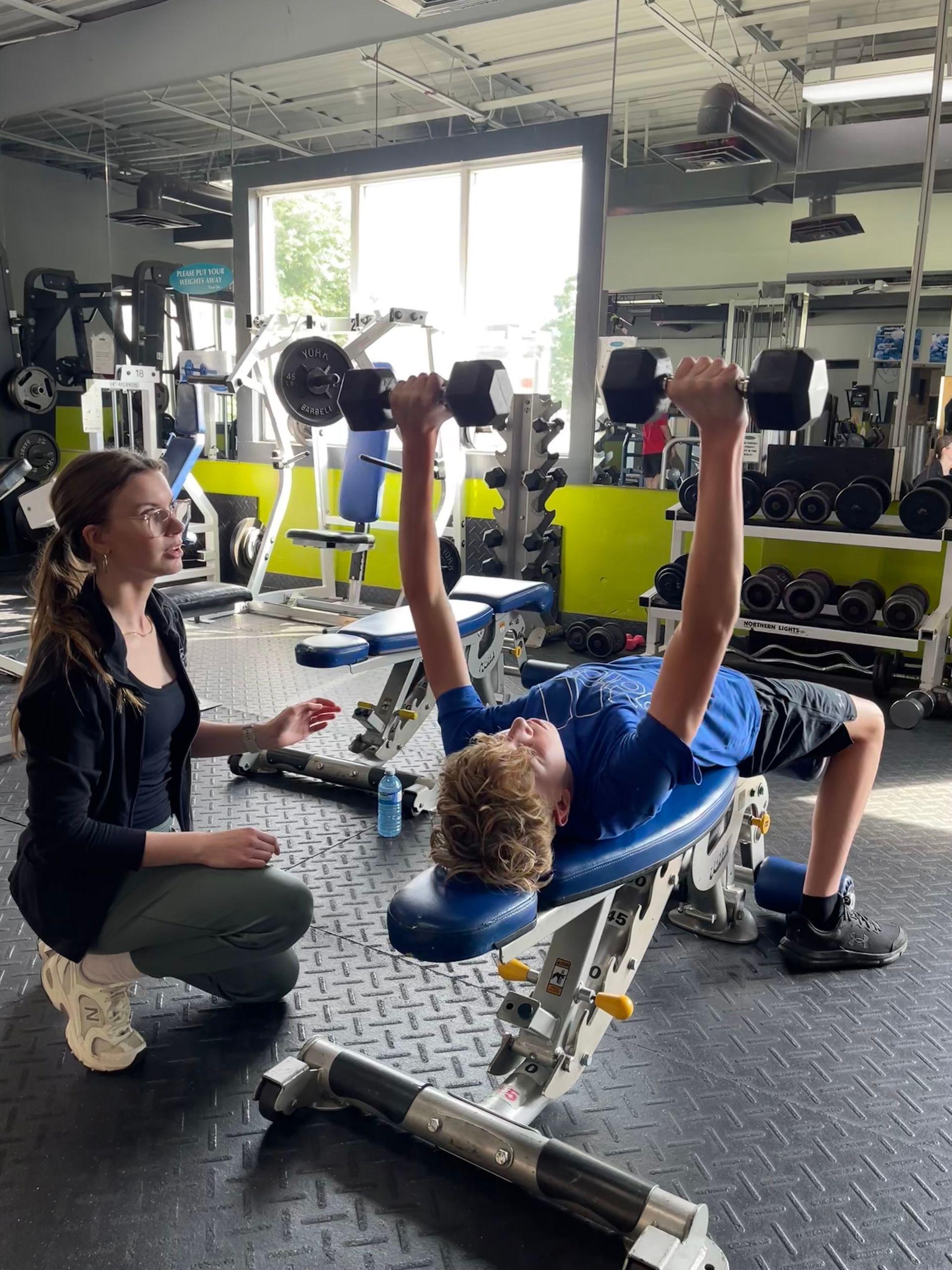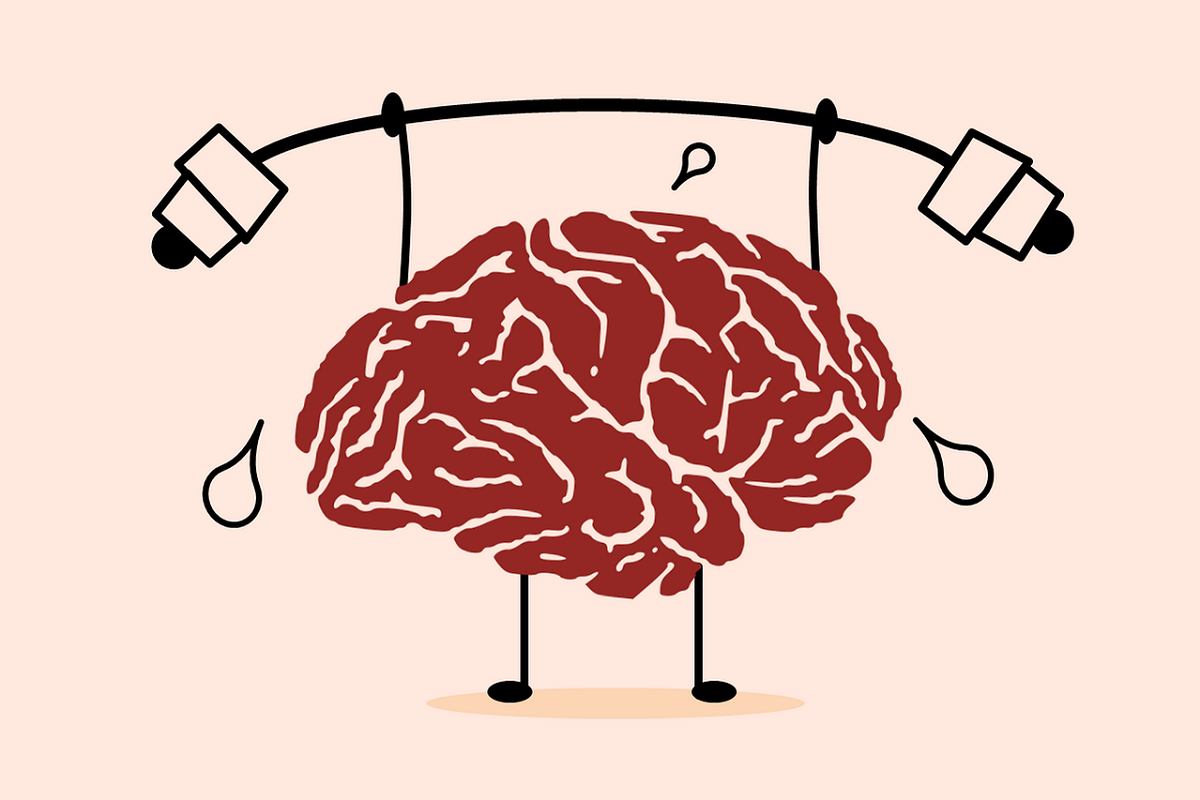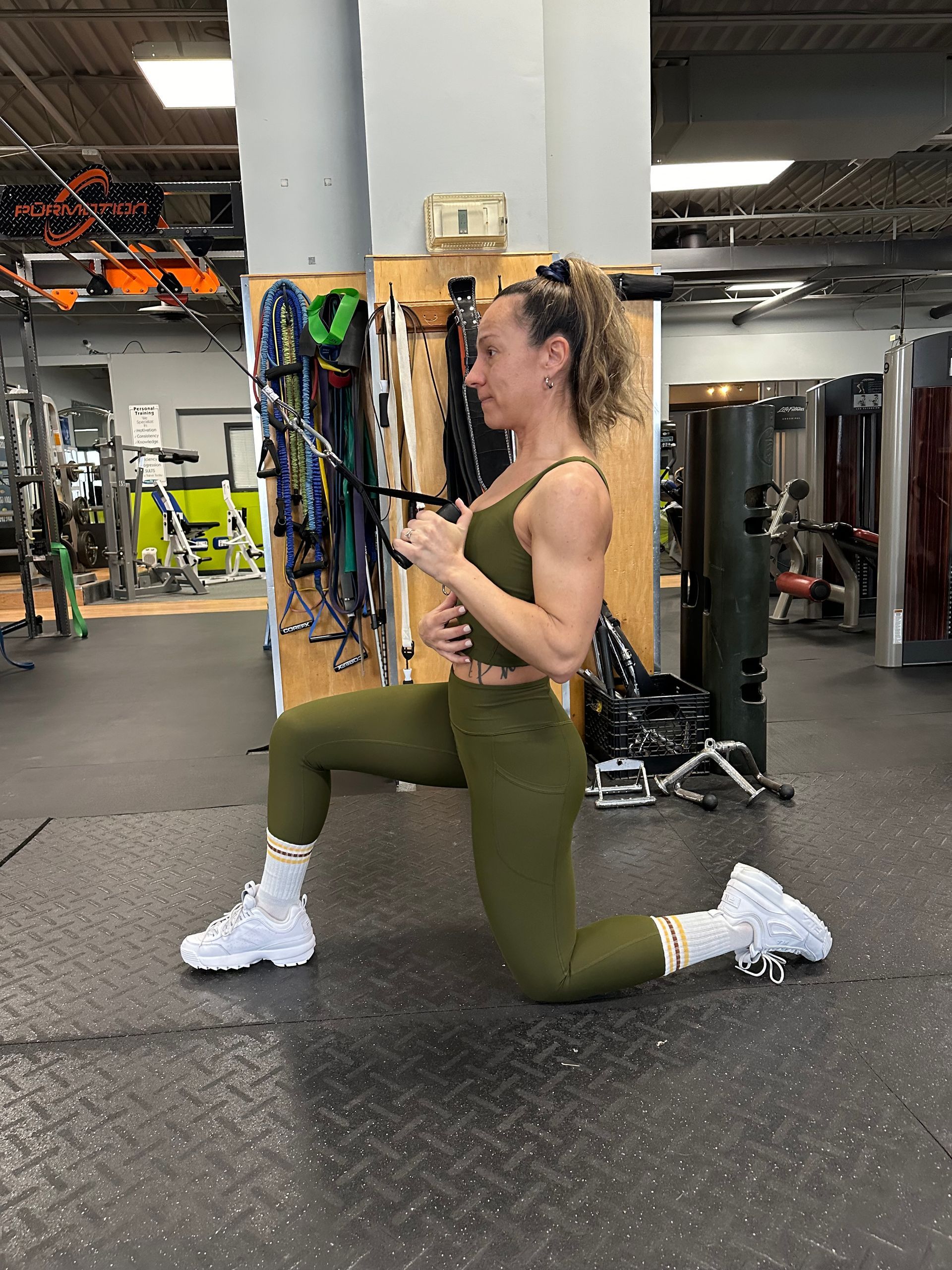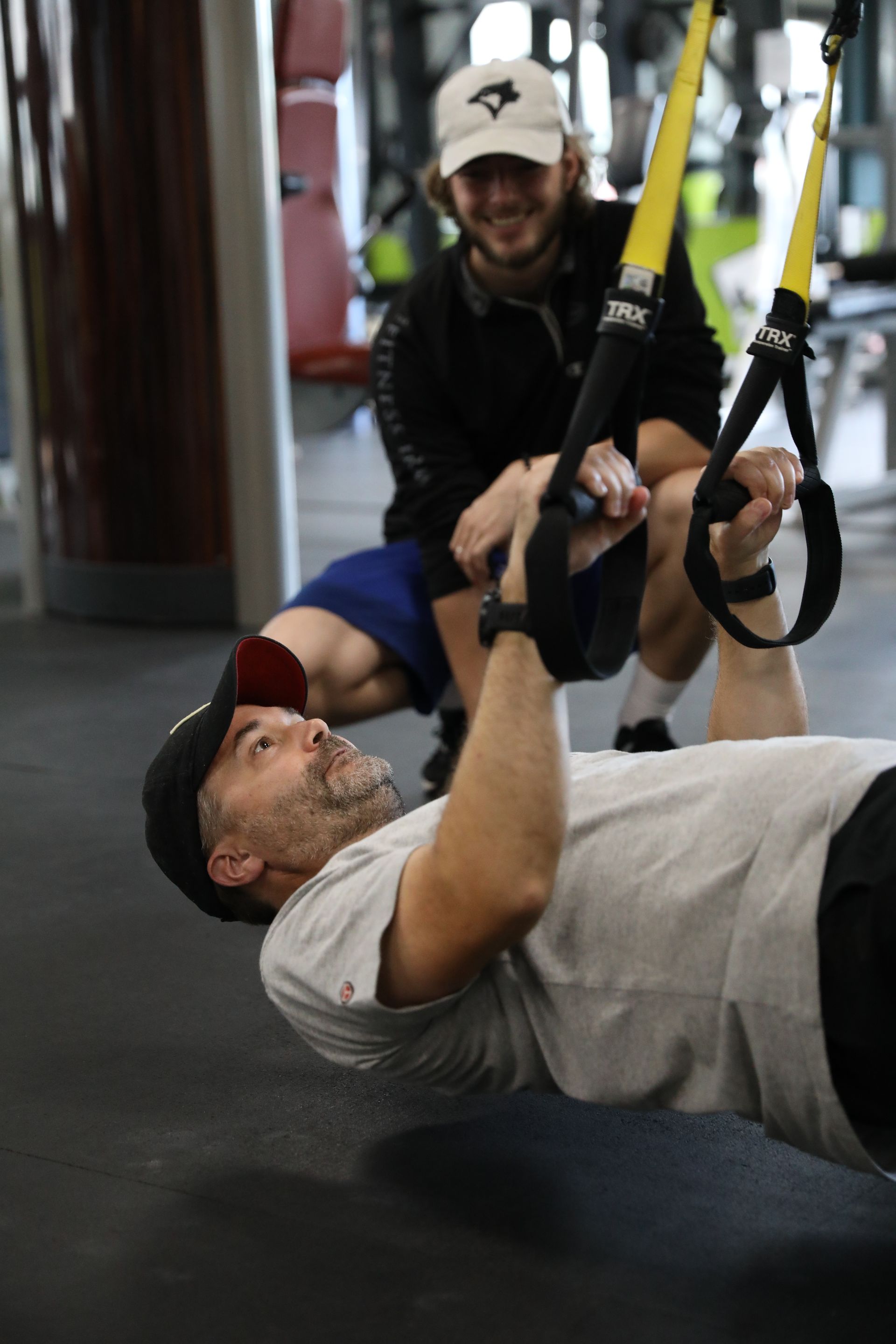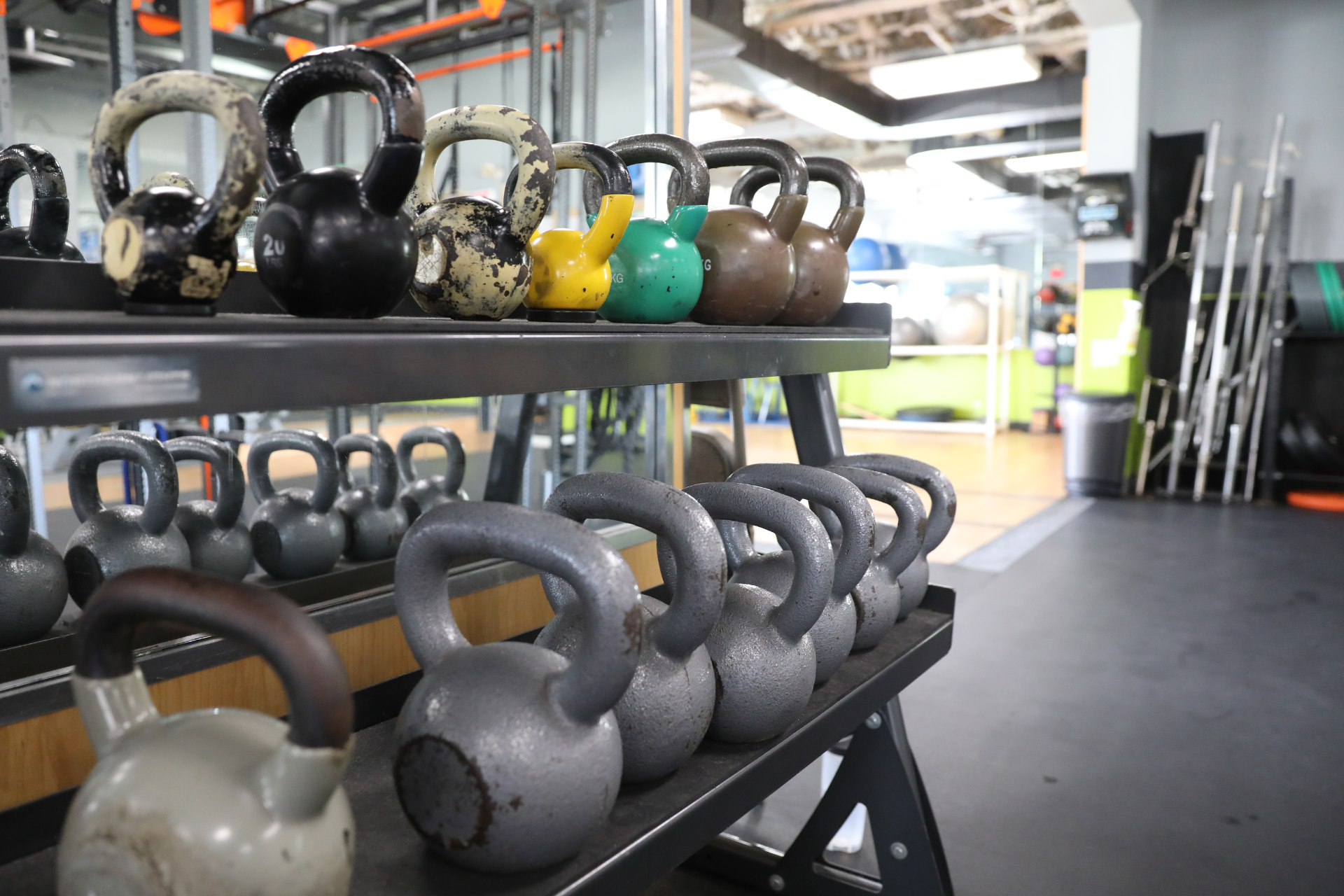Are Carbs "Bad"?
This is a very common question with a not so straightforward answer. In short, carbohydrates are not bad for you. Carbohydrates are actually, a key player in a balanced diet. However, in order to reach specific health goals, you need to be aware of how your body responds to different types and amounts of carbohydrates.
Carbohydrates are one of the three macronutrients. Carbohydrates have 4 calories per gram and provide the body with a quick and accessible energy supply. Carbs can be found in both unhealthy and healthy foods like pasta, fruit, cookies, bread, vegetables, cake and quinoa! These carbs all contain glucose, a super important molecule that your body uses as a basic energy source. Eating the right amount of carbohydrates is also crucial for proper brain function. Carbs contain the essential nutrients: B vitamins, folate, vitamin E, zinc and magnesium. However, not all carbs are created equal. Simple carbohydrates found in white bread, candy and other not-so-healthy food sources will spike your blood sugar levels, particularly when eaten individually. High sugar intake and/or spiking blood sugars over long periods of time can often increase body weight and potentially increase disease risks such as Type 2 Diabetes, high blood lipids, and high triglyceride levels which can lead to heart disease, and some cancers. Being overweight can also lead to bone and joint issues, sleep apnea, fatty liver disease, and kidney disease.
It is essential to choose complex carbs as these contain more fibre and nutrients. Consuming such foods allow a better pace of glucose absorption. For example, picking an orange instead of orange juice is going to reduce that sugar spike, provide you with stable energy and help you get to your daily goal of 25-35 grams of fibre. The same goes for a whole grain rye or sprouted grain bread compared to simple white bread or a wild rice compared to white rice. This fibre recommendation will fluctuate based on your gender, age and activity level. A good general guideline is to reach 14-20 g of fibre for every 1000 calories you consume.
Complex carbs include vegetables, quinoa, legumes, whole wheat breads and brown and wild rice. Although these foods are healthy and good for you, it is very important to regulate their intake. Remember, everything in moderation! Too many starch-filled potatoes and calorie-dense bread can definitely work against weight loss. A great rule of thumb is to fill one quarter of your plate with carbs: aim for 30g/serving. Feel free to load up on leafy greens and colourful vegetables too!

